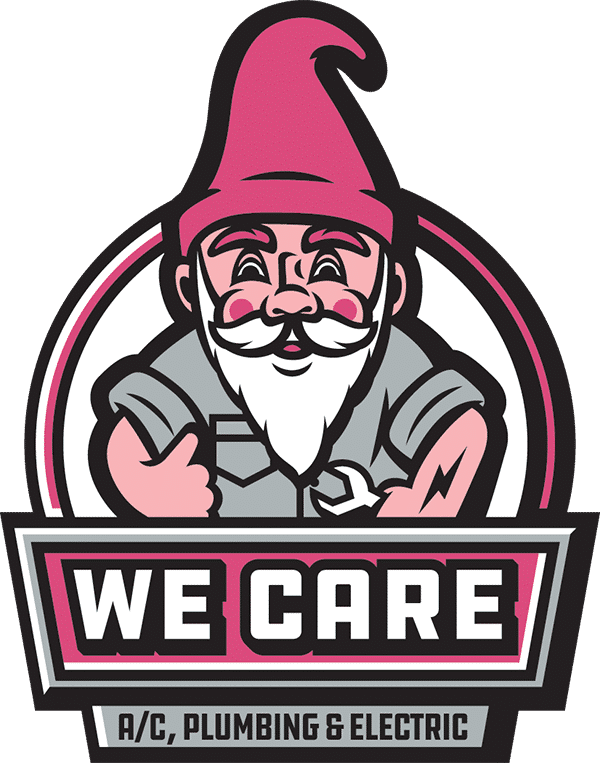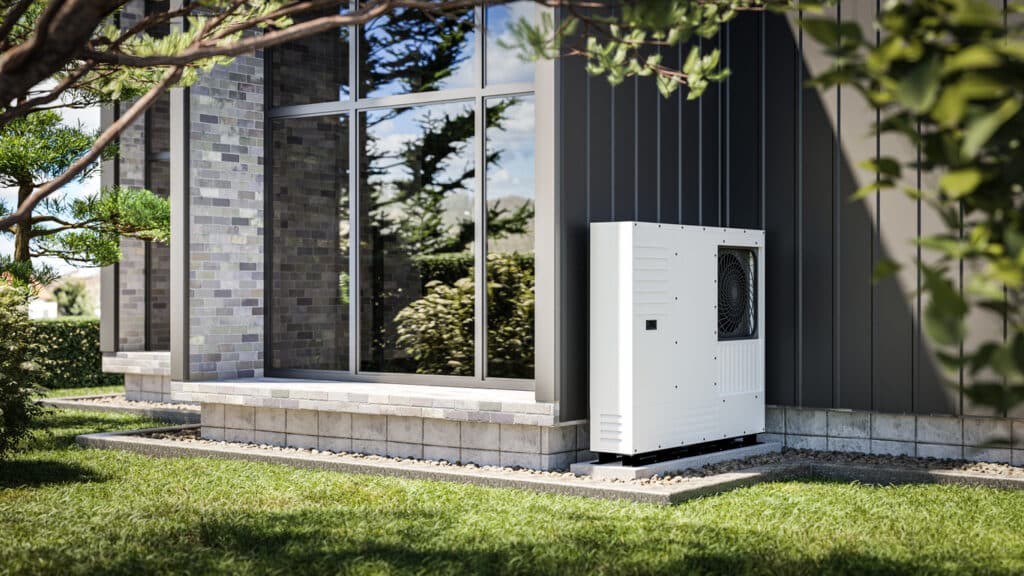HVAC experts recommend scheduling a heat pump tune-up every spring before needing to run the air conditioning. There are a number of reasons for this advice. Most HVAC warranties require it. It reduces wear and tear on the system thereby increasing equipment lifespan and lowering the total cost of ownership. A tune-up also increases energy efficiency. That lowers your month-to-month costs. In fact, a tune-up will typically pay for itself. Let’s explore why that is.
Condenser Coil
Every heat pump has a condenser coil. It allows the refrigerant to exchange heat energy with the outside air. Dirt mixes with oils and builds up on the coil over time. This reduces the useable surface area of the coil and has a dramatic effect on how efficient the energy transfer is. This is the number one issue that causes homeowners to pay more for air conditioning than they should. To clean the coil, your technician will use a commercial coil cleaner as specified by your heat pump brand and model.
Evaporator Coil
The condenser coil is outdoors. In most setups, the evaporator coil is indoors. It facilitates the other half of the heat exchange. Like the condenser coil, it becomes dirty and thus inefficient over time. This occurs due to dust in the home. To clean it, your technician will use a commercial coil cleaner designed specifically for evaporator coils and as specified by your heat pump manufacturer.
Tightening and Lubrication
A heat pump has moving parts, including the outdoor exhaust fan and the indoor air handler. You should reapply lubrication each season to reduce wear and increase energy efficiency. Your technician will also tighten all screws, bolts, and so forth. Failure to do so may result in excessive vibration, which causes inefficiency in the system.
Refrigerant Pressure
Small refrigerant leaks are a leading cause of heat pump inefficiency. Your technician will test the pressure to ensure it’s in the optimal range. If it’s not, the technician will identify and fix the leak.
Electronics Calibration
There are two electronic components that can cause heat pump inefficiency: the control board and thermostat. If either isn’t operating within the expected parameters, your technician can calibrate them. In some rare cases, you may need to replace the control board.
Static Air Pressure
Once your system is cleaned and calibrated, your technician will start it. Your technician will then test the static air pressure of the system using a manometer. This is very important because if pressure is too low in the ducts, the system will have to work much harder to reach the desired temperature.
If you live in Central Georgia or the Florida Panhandle and want to schedule a spring heat pump tune-up, call We Care Heating & Air Conditioning or contact us online.


